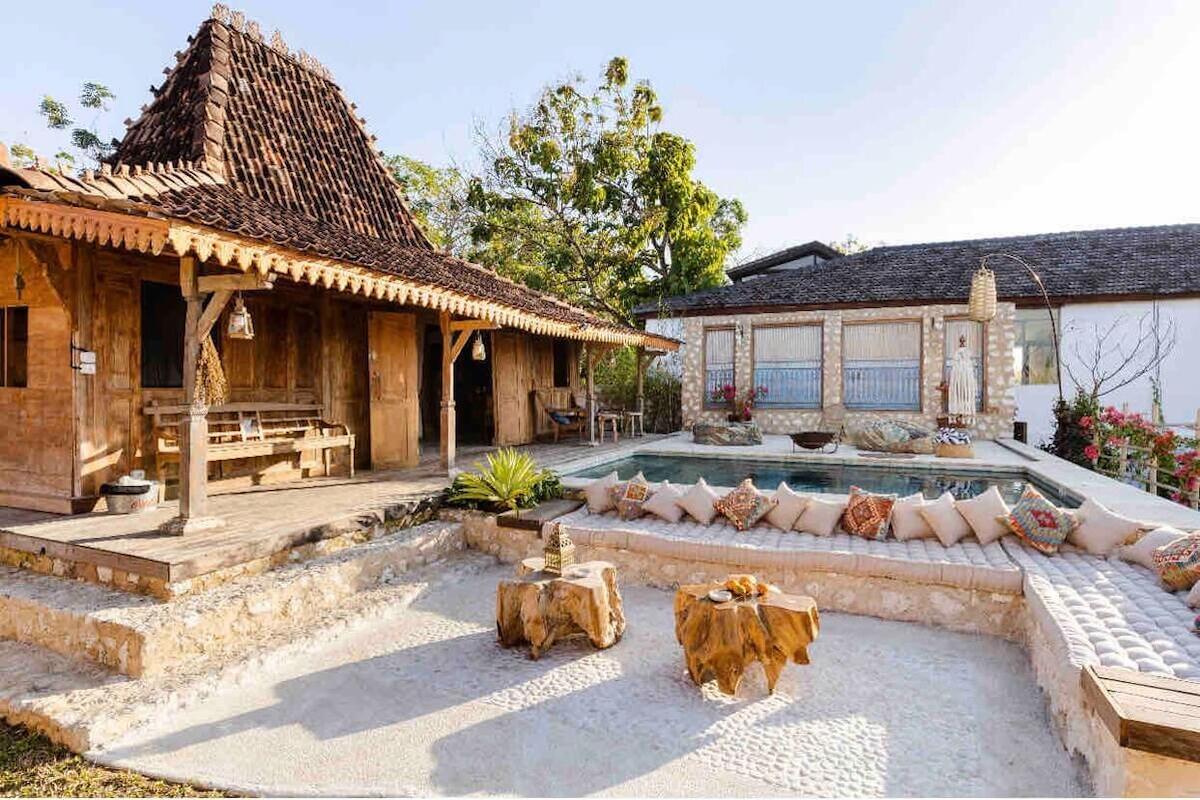If you’re a foreign investor exploring Southeast Asia’s booming property markets, two destinations likely top your list: Thailand and Bali. Both offer tropical beauty, strong rental demand, and high lifestyle appeal. But the legal pathways for buying villas as a foreigner are very different in each country.
In this article, we break down the key legal differences so you can make an informed decision before investing.
Can Foreigners Own Property in Thailand?
Thailand does not allow foreigners to own land. This is written into the Thai Land Code, which restricts freehold land ownership to Thai nationals.
However, there are legal workarounds:
- Leasehold Agreements: Foreigners can lease land for up to 30 years, with options to renew.
- Superficies/Usufruct: These are rights allowing you to build or use land without owning it.
- Thai Company Setup: A foreigner can establish a Thai-majority company (51% Thai ownership) that owns the land.
- Condo Ownership: You can own freehold condos, as long as foreign ownership in the building doesn’t exceed 49%.
So, if you’re dreaming of a villa in Thailand, the typical route is to lease the land and own the building.
What About Bali and the Rest of Indonesia?
In Indonesia, foreigners also cannot own land outright. Only Indonesian citizens can hold Hak Milik (freehold title). However, Bali offers legal paths that are more structured and foreign-investor-friendly.
The most common options are:
- Leasehold (Hak Sewa): Similar to Thailand, you can lease land long-term (25–30 years, extendable).
- Right to Use (Hak Pakai): Available to foreign individuals for residential use.
- Right to Build (Hak Guna Bangunan or HGB): Available via a foreign-owned company (PT PMA), allowing you to build and own property on leased land.
If you set up a PT PMA, you can legally acquire HGB rights and build villas for personal or commercial purposes.
Bali vs. Thailand: Key Legal Differences
| Legal Aspect | Thailand | Bali (Indonesia) |
|---|---|---|
| Land Ownership | Not allowed | Not allowed |
| Lease Duration | Up to 30 years | 25–30 years, renewable |
| Foreign Company Option | Thai-majority company | 100% foreign-owned PT PMA |
| Building Ownership | Allowed on leased land | Allowed via lease or PT PMA |
| Condo Ownership | Yes (max 49% in any project) | Rare, only in strata-title projects |
Final Thoughts
When it comes to villa investment in Southeast Asia, understanding the legal landscape is just as important as choosing the right location. Both Thailand and Bali can deliver strong returns and lifestyle benefits—but Bali tends to offer clearer legal frameworks for villa development through proper channels.
Always consult with trusted local legal and real estate experts before committing to any purchase.


